GRET is working for the most vulnerable populations in 28 countries. Its actions take place locally, in territories and listening to communities, as well as internationally, through advocacy and knowledge sharing. GRET innovates by capitalising on its experiences, through a constant process of action-research, valorising local approaches and creating a link between various stakeholders, over sufficiently long periods to generate significant impact.
788
employees
290
actions
+3
million people supported
29
countries of operation

Make societies and ecosystems more resilient to cope with climate, environmental, social and economic shocks.

Strive for dignity for all, through greater social justice.

Encourage everyone to take action, think, invent and rethink themselves, to organise collectively in order to craft a fairer world.
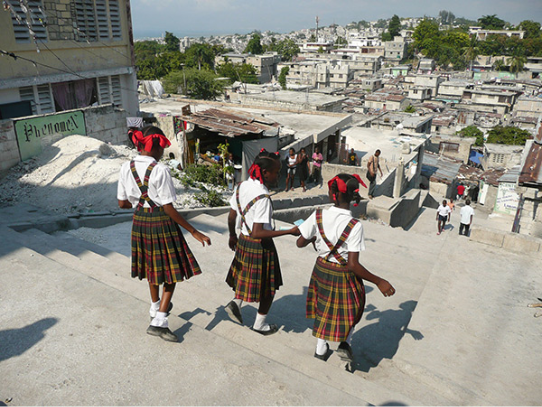
GRET is an apolitical, non-confessional, non-discriminatory structure. In its interventions and its internal functioning, GRET advocates democratic participation and co-construction. It draws on a vast network of partners from a broad cross-section of backgrounds. This means that every project it conducts is a clear demonstration of the joint commitment of all those who support it.
GRET was founded in 1976 by two French agronomists who wanted to contribute to fairer international cooperation. Over time, it developed new skills, professions and expertise, constantly focusing on working as closely as possible with populations.

GRET’s actions are conducted by committed international teams made up of multi-disciplinary professionals of various nationalities.
641
national staff
30
expatriate staff
111
employees at headquarters
6
international solidarity volunteers

As a stakeholder in the social and solidarity economy, GRET sets itself stringent internal transparency and democracy standards. Its orientations are defined by the General Assembly, which meets twice a year.
The management board, whose chairperson is elected for a four-year renewable mandate, is made up of staff representatives and development specialists.
GRET is under the operational responsibility of a director, elected for a four-year mandate that can be renewed once.
Currently, the chairperson is Henry de Cazotte and the director is Luc Arnaud.

Director and founder of the Togolese media company Eco Conscience TV, the first web TV focused on environmental issues in Togo, and co-facilitator of the global group of NGOs accredited by the UNDP.
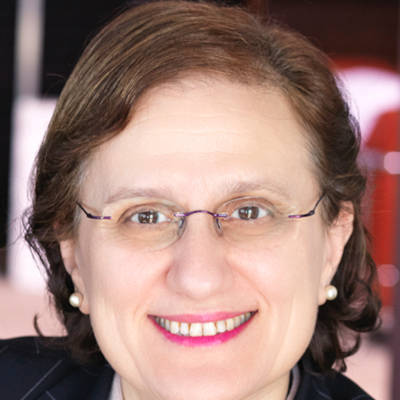
Former delegate general of the SUEZ Foundation, collective intelligence and innovation consultant in the essential services and integration sectors
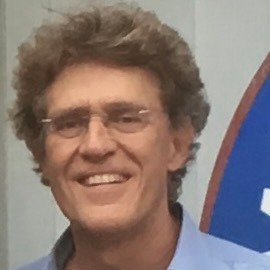
Specialist in general medical practice, public health, epidemiology and health programme planning, associate professor in the Department of General Medical Practice at the Faculty of Medicine of Dijon and international volunteer executive with Médecins du Monde.
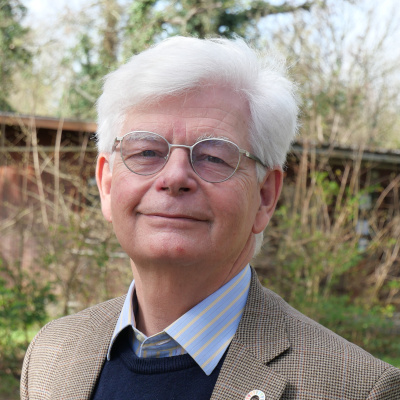
A former director of Agence française de développement - Chairperson
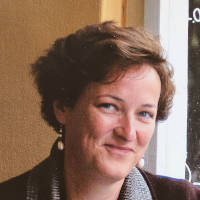
Founder of the French funds and foundations centre, chairperson of a consultancy on the SSE and general interest, vice-chairperson of the federation for research on the brain
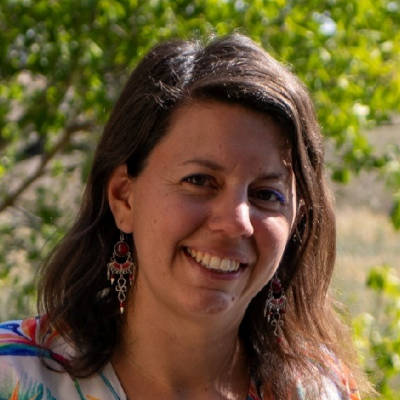
Communication manager and Latin America focal lead – Elected staff representative member

Former director of the Department of Portfolio Management and Specialised Support at Agence française de développement

HR and payroll coordinator - Elected staff representative member

SER and sponsorship consultant (Awel Conseil) – agronomist, 40 years of experience in co-construction of innovative partnerships for the general interestSER and sponsorship consultant (Awel Conseil) – agronomist, 40 years of experience in co-construction of innovative partnerships for the general interest
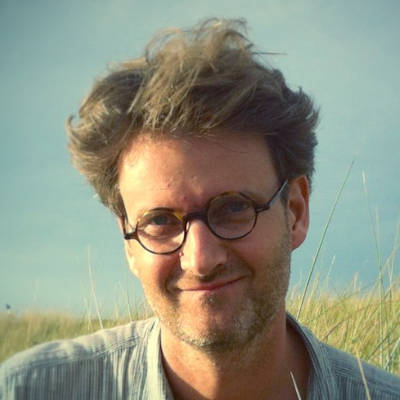
Senior civil servant and former executive director of Expertise France, chairperson and founder of Super-novae, former economics and development adviser at the French Ministry of Foreign Affairs

Retired diplomat, working on European construction and UN negotiations (development, environment and climate change, food security…)
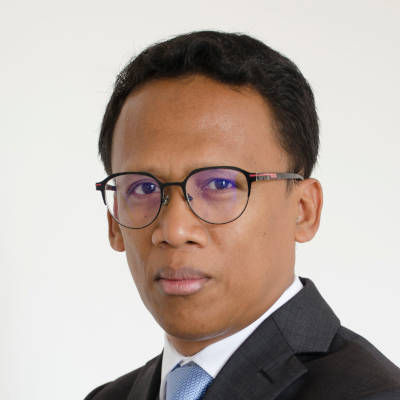
Company manager in the IT and electronic publishing sector, also works on the reform of telecoms in Madagascar
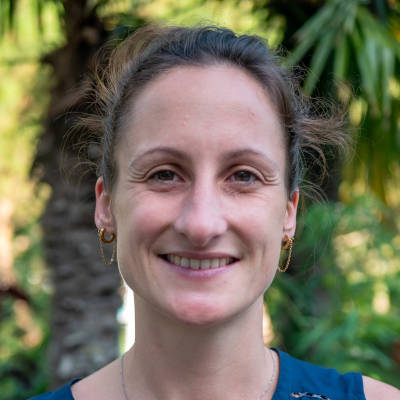
Food systems and sustainable agriculture projects manager - Elected staff representative member
GRET has had French public interest association status since 2010.
Since 2017, GRET is officially recognised as a public charity by the American government, which awarded it a Foreign public charity equivalency determination (ED).
Since 2021, it holds an ECHO certificate, awarded by the European Commission’s Directorate General for European Civil Protection and Humanitarian Aid Operations.